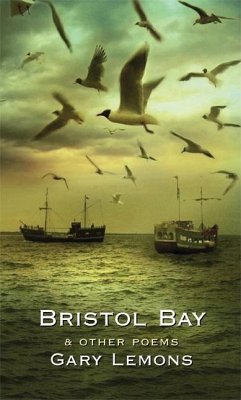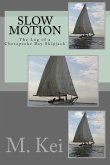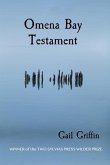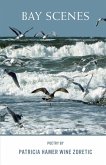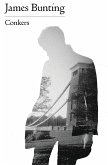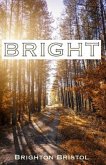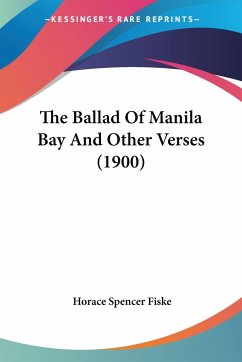Bristol Bay is the easternmost part of the Bering Sea and the site of the largest Salmon run in the world. It is also home to some of the highest tides and roughest water on the planet. In winter, ice storms freeze the riggings of fishing boats and the added weight of the ice, if not chipped off and thrown overboard, is sufficient to sink all but the largest of boats. The working conditions are brutal and the Bay itself as unforgiving as it is lovely. If it were a town, its name would be Deadwood or Tombstone, a place where life is measured in sunrises, not years.The title poem, Bristol Bay, is autobiographical. Much of what is described in the poem is true and not hyperbole or metaphor. The author worked two seasons on the 420 foot floating processor, the All Alaskan, now a partially submerged wreck outside of Kodiak, Alaska, and the poem speaks to that almost apocalyptic experience.The poems in this book are thematically aligned with the title poem in that they share a willingness to explore the potentially fatal, often unknown body of the individual. Homelessness, war, the blue collar work ethic, the love of all things opposed by the hatred of one thing mothers and fathers all of these become touchstones through which greater awareness may be experienced as a spiritual participation in building and sustaining human communities. "

